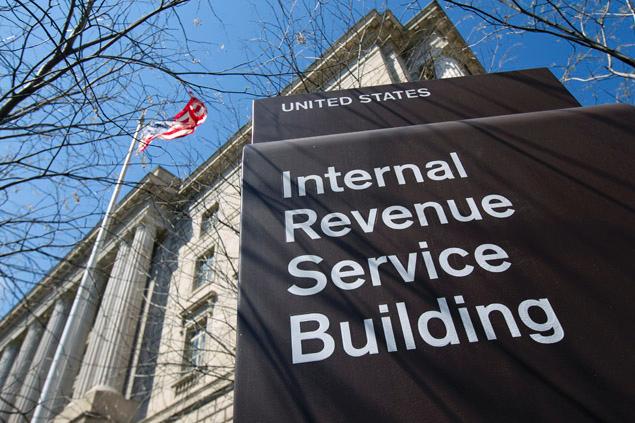
Ann Emery dives in to explain the PATH Act of 2015 and how it could affect you:
President Obama has signed into law the Protecting Americans from Tax Hikes (PATH) Act of 2015, which provides a number of significant tax changes for both individuals and businesses. The PATH Act includes the retroactive extension of numerous taxpayer-favorable tax extenders. A large number of tax breaks expired on December 31, 2014, so for these breaks to be available in 2015, legislation had to pass to extend them.
The PATH Act does more than just extend certain tax breaks. It also makes permanent more than a dozen individual and business extenders. The PATH Act provides opportunities to both individual and business taxpayers for tax savings on their 2015 tax returns.
Below is a quick summary of the key tax breaks that have been extended or made permanent.
Breaks Made Permanent:
- American Opportunity Tax Credit
- Enhanced child tax credit
- State and local sales tax deduction
- IRA distributions to charity
- Enhanced Section 179 expensing election
- Research and Development credit
- Small business stock gains exclusion
Breaks Extended Through 2019:
- Bonus depreciation
- Work Opportunity Credit
Breaks Extended Through 2016:
- Mortgage debt forgiveness exclusion
- Deductibility of mortgage insurance premiums
- Various energy-efficiency tax credits (the lifetime max is still $500)
- Qualified tuition and related expenses deduction
This report provided by Wolters Kluwer gives a more detailed overview of the PATH Act of 2015. Please contact me or a member of your service team if you have any questions.

